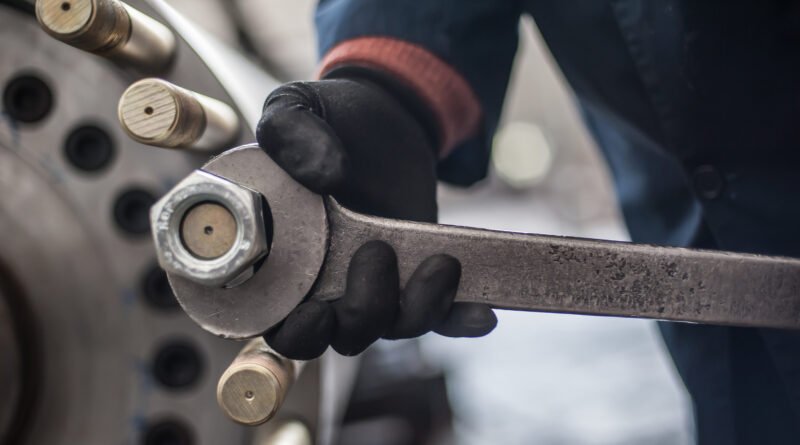Key Guidelines for Industrial Equipment Safety Inspections
Do you operate a manufacturing business? If so, you’ll be well aware of the paramount importance of the safety and performance of your industry equipment. Defective machines are a leading cause of industrial accidents, often resulting from age or inadequate preventive maintenance. Regular inspections are a crucial component in ensuring the smooth and safe operation of your machinery. So, the question is – how frequently should you schedule these safety inspections? This article aims to guide you through the intricacies of proper industrial equipment inspection.
Reading the Labels: The Foundation of Equipment Inspection
The frequency of equipment inspection depends on a variety of factors, including the type of machinery and its level of use. Certain equipment necessitates more frequent maintenance, and as such, it’s crucial to familiarize yourself with the guidelines provided in the machine manuals.
Inspection frequencies are usually determined by two key factors:
- Usage hours: This refers to the frequency and duration your workers use specific equipment. Check your equipment manual for the recommended number of usage hours between each inspection. For instance, some machines may require inspections after every one thousand hours of use.
- Flat period: This method offers a simplified maintenance schedule. It could recommend that the machine needs inspection once or twice a year, regardless of usage hours. It’s important to make your employees aware of these guidelines to prevent inadvertent neglect.
Driving Factors of Inspection Frequency
Several elements influence the frequency of inspections. The type of machine plays a significant role, with safety guidelines dictating the required inspection schedules. For instance, lifting machines typically need inspections twice a year, while local exhaust ventilation systems require at least one inspection every 14 months.
Other determinants include administrative guidelines and policies, industry-specific risks, number of worker shifts, the number of employees, and the total number of operational equipment. Environments that present higher risks necessitate more frequent inspections. Moreover, previous incidents and records can dictate the need for additional inspections. Frequent accidents among your employees could indicate underlying issues with your machinery.
Adhering to OSHA Recommendations
Even the most high-end equipment can fail due to poor maintenance practices. As a result, governing bodies like OSHA (Occupational Safety and Health Administration) have issued safety inspection guidelines to reduce equipment failure and improve commercial health and safety programs. OSHA recommends weekly inspections for businesses in the construction sector and at least monthly inspections for non-construction industries, supplemented by a comprehensive site-wide review every quarter.
Companies that opt for a self-inspection plan should be thorough and ensure they cover all necessary factors. It’s beneficial to create an equipment checklist for inspection and diligently record the findings. These records serve as a reference point for future inspections.
If you are unsure about initiating an equipment inspection program, consider engaging a professional firm such as Ice Cold Consulting. They offer dependable audits for preventive equipment maintenance, providing peace of mind and expert guidance.
Broadening the Safety Scope of Your Business
Consistent equipment inspection is pivotal in ensuring the safety and longevity of your machines, helping avert significant problems that could hamper your company’s productivity. However, safety inspections are just one aspect of enhancing your company’s profitability. Investing in comprehensive employee safety guidelines can elevate overall awareness and foster a safer work environment.
There are numerous ways to cultivate growth and safety within your company, and if you’re in need of further guidance, consider exploring our other posts for more valuable tips and insights. Stay tuned and continue empowering your business through informed decision-making.




